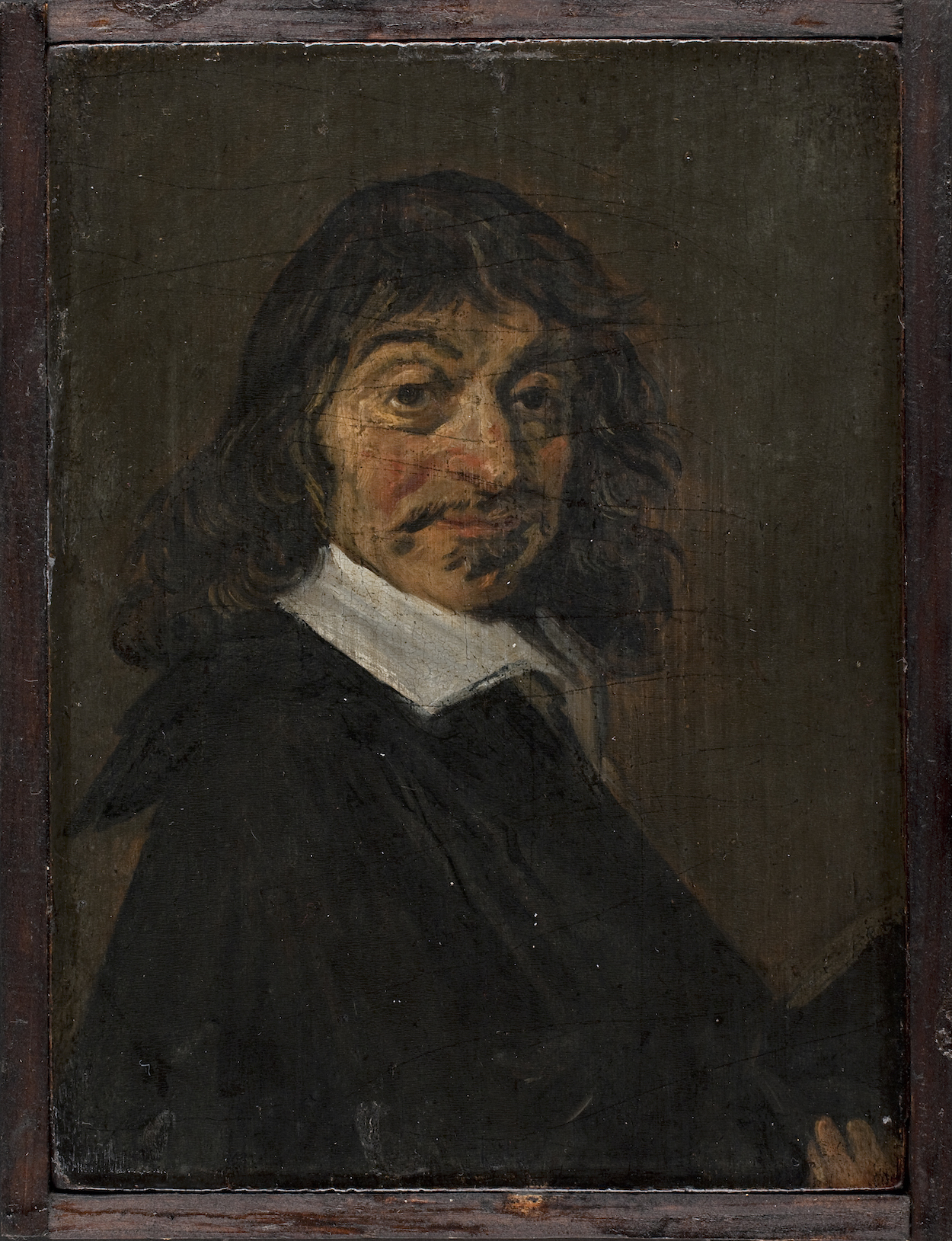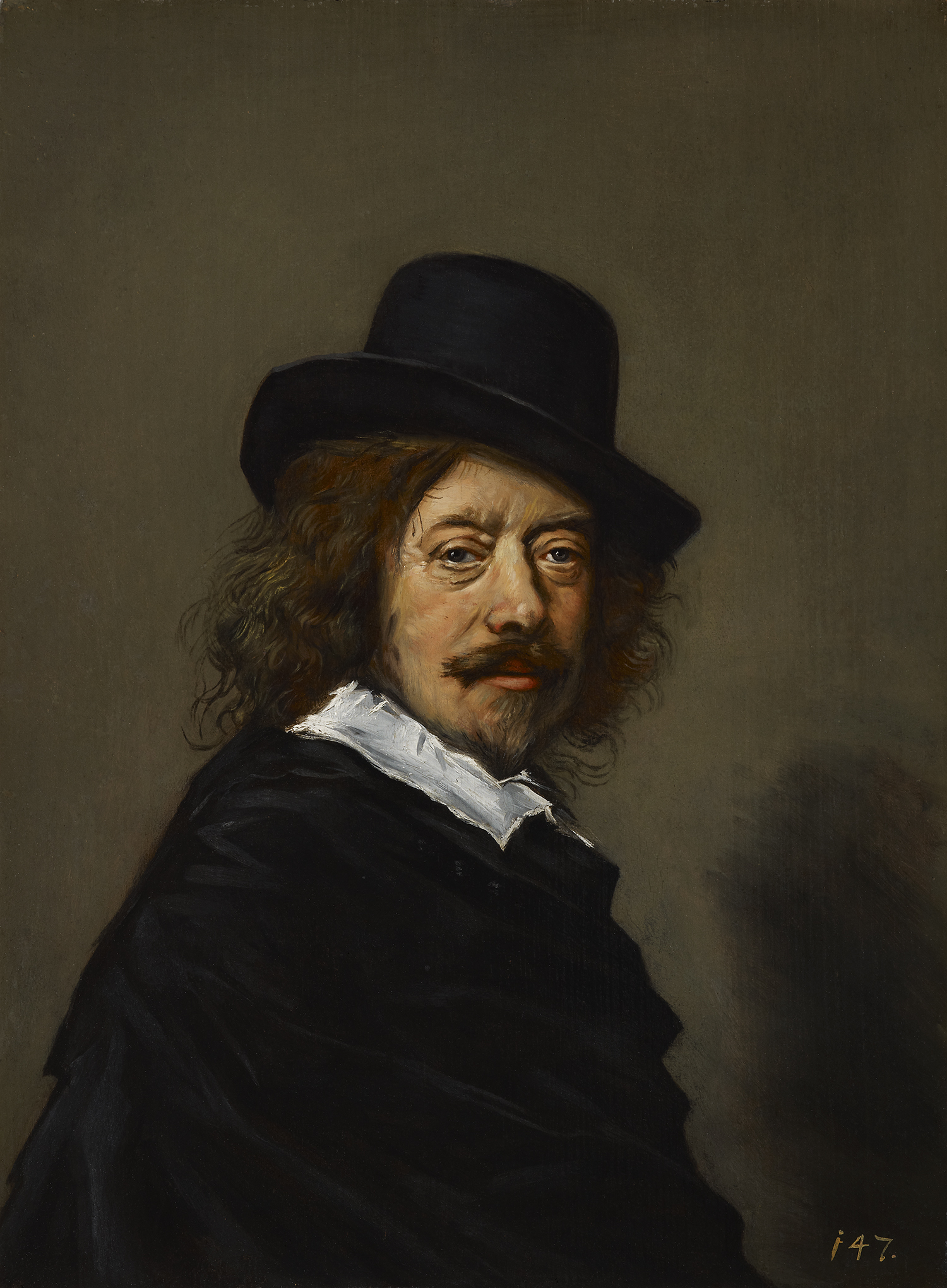Have you ever stopped to ponder if, by any chance, everything you know, from your children to the mathematics you use at work, are nothing but a mere illusion, set up by an evil genius only to mess up with your mind? – Descartes had! I guess he might have had some spare time...
Seriously, how do we even know if the things we think we know are knowable? This is the area of debate for a whole branch of philosophy called Epistemology. But is it worth loosing time with something so vague as to get to know if knowledge is possible? We would have to know to answer that, and ask to find out – so Descartes accepted the challenge.
The philosopher and mathematician is ironically depicted here by Frans Hals. Why ironically? Well, because the painter's work is today facing a "Descartes like problem". In Descartes’ thought experiment, an evil genius (AKA deus deceptor) would create elaborate hoaxes to simulate reality.
Frans Hals is really big when it comes to Dutch painting, comparable to such names as Rembrandt and Vermeer—no wonder Giuliano Ruffini, a French art collector, expected a great sum selling one his pieces. Sotheby’s was the chosen mediator to auction his piece, it should have been just another treasure to pass by the company that has once auctioned the library that Napoleon took to exile.
Yet, the anonymous American that purchased the painting was warned by Sotheby's that the picture he bought was not an original. Due to suspicions on related works, high-tech analyses were made revealing that the lot was a forgery. Synthetic materials were discovered that couldn't possibly be present in a XVII century painting. Sotheby's thus refunded the buyer 10.6 million dollars.
When, in 2011, Hals' piece was sold, nobody doubted its antiquity, being that the wood on which it is painted was as old as the work was supposed to be. Suspicions came when, this March, a painting by Lucas Cranach was taken off an exhibition by French authorities, in relation to this allegedly forged lot. Later the Louvre team would conclude the lack authenticity of these pieces. Somebody was making perfect masters' works, capable of tricking the most trained eye even when armed with cutting edge technology. And this isn't even the most fascinating part...
You see, this painting supposedly by Hals didn't just imitate a previously existing one. It created a new piece. The forger didn't merely use some technique to fake, he got himself in the mind of Hals, and in harmony with his style and motivations, invented an echo of the master's inspiration – like Descartes’ evil genius, it takes on what we assume as reality reinventing it in an hoax.
Could the new "old" piece be regard as a work of art itself; is the creator of an illusionary world, conceived to mess with our mind, in fact, an artist?
- Artur Deus Dionisio


 Frans Hals
Frans Hals